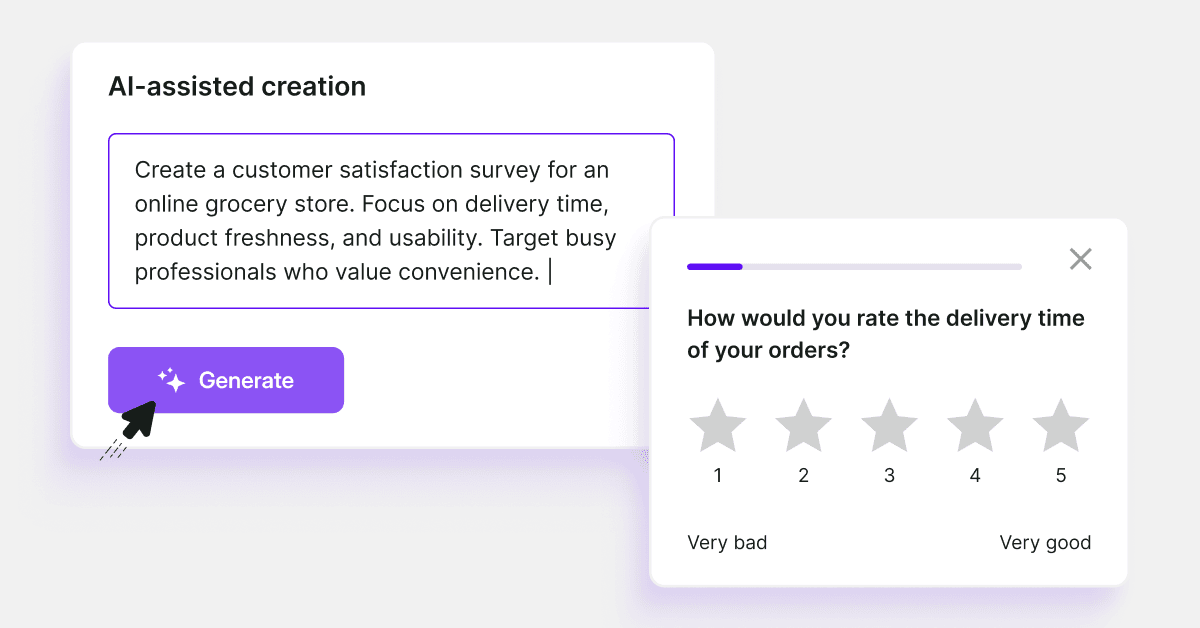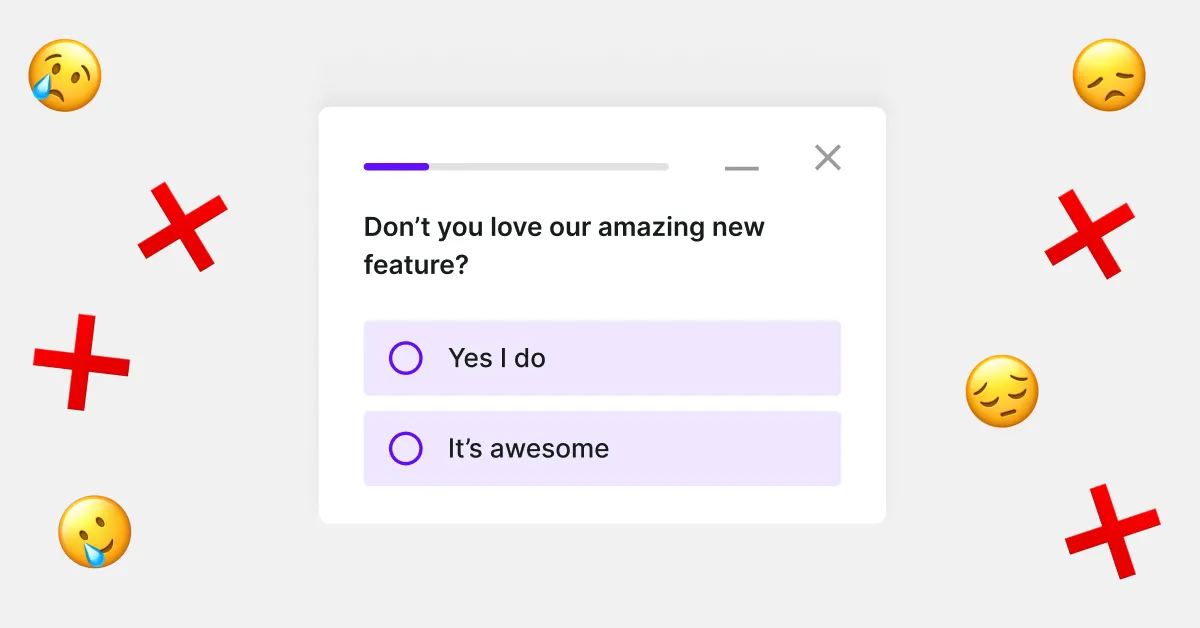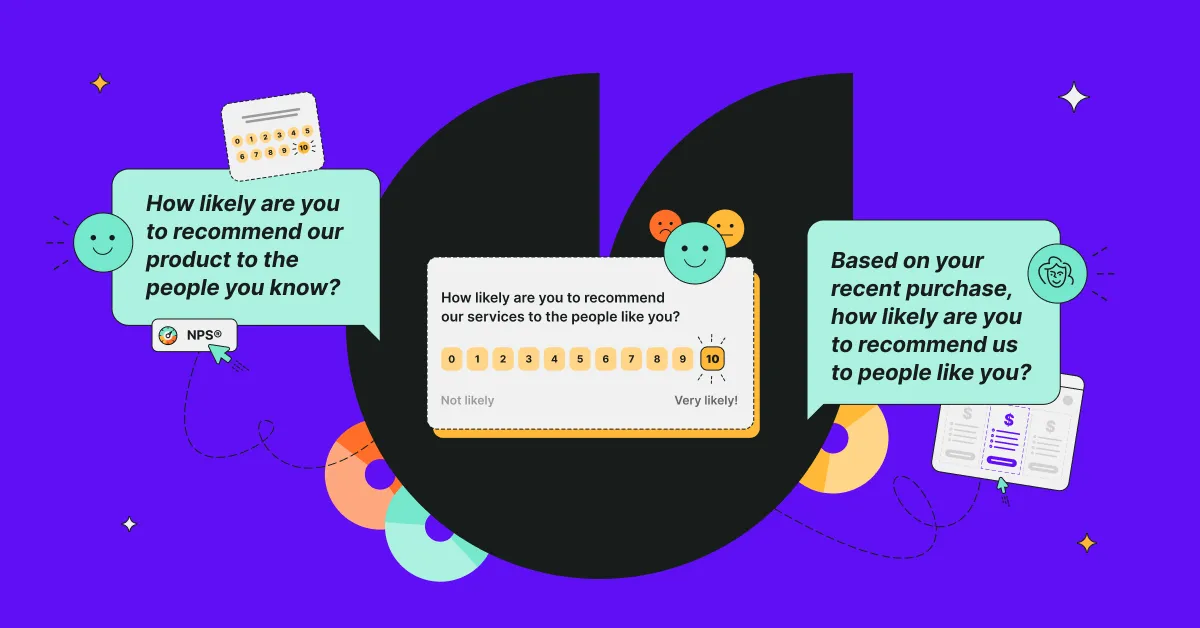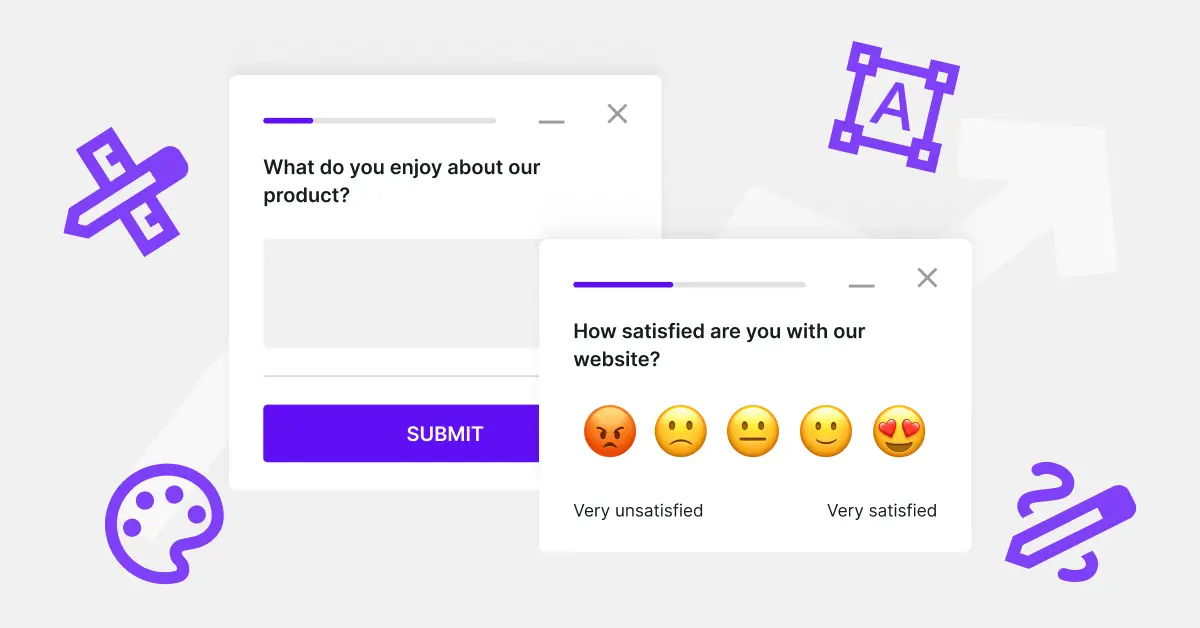In our digital age, online polls have become ubiquitous tools for gauging public opinion on a wide array of topics. From political preferences to favorite ice cream flavors, these virtual surveys provide a platform for individuals to voice their views with just a few clicks.
In this blog post, we will delve into the world of online polls, exploring their benefits, challenges, and the impact they have on shaping our understanding of public sentiment.
Understanding Online Polls
Online polls are digital surveys conducted over the internet to collect opinions, feedback, or data on specific subjects.

They vary in complexity, ranging from simple multiple-choice questions to more intricate surveys with open-ended responses. The ease of participation and accessibility make online polls a popular method for researchers, businesses, and organizations seeking valuable insights.
Benefits of Online Polls
Accessibility
Online polls break down geographical barriers, allowing participants from diverse locations to contribute. This inclusivity ensures a more comprehensive and representative sample of opinions.
Cost-Efficiency
Traditional polling methods often incur substantial expenses for logistics and manpower. Online polls, on the other hand, significantly reduce costs by eliminating the need for physical resources, making them a budget-friendly option.
Real-Time Results
Unlike traditional methods that may take days or weeks to compile data, online polls provide almost instantaneous results. This real-time feedback is invaluable for making swift decisions or capturing the latest trends.
User Engagement
Online polls engage participants through interactive interfaces, making the survey-taking process more enjoyable. This increased engagement often leads to higher response rates and more accurate data.
Challenges and Criticisms
Sampling Bias
One of the primary criticisms of online polls is the potential for sampling bias. Participants in online surveys may not accurately represent the broader population, as certain demographics may be overrepresented or underrepresented.
Limited Demographic Reach
Not everyone has equal access to the internet or online platforms, leading to the exclusion of individuals who are not digitally connected. This limitation can skew results and hinder the poll's ability to reflect the true diversity of opinions.
Response Reliability
Online polls are susceptible to fraudulent responses, as participants can submit multiple entries or manipulate results. Ensuring the authenticity of responses poses a significant challenge, requiring effective measures to filter out invalid data.
Question Wording and Framing Effects
The phrasing of questions in online polls can influence respondents' answers, introducing bias into the results. Care must be taken to craft neutral and unbiased questions to obtain accurate insights.
Best Practices for Conducting Online Polls
Random Sampling Techniques
Implementing random sampling techniques helps mitigate sampling bias by ensuring that each member of the population has an equal chance of being included in the survey.
Clear and Neutral Questioning
Crafting clear, neutral, and unbiased questions is essential to obtain accurate responses. Avoid leading questions that may inadvertently sway participants' opinions.
Data Verification Measures
To enhance response reliability, incorporate measures such as CAPTCHA, email verification, or IP tracking to reduce the likelihood of fraudulent submissions.
Transparent Reporting
Ensure transparency in reporting by clearly stating the survey's purpose, disclosing any potential biases, and providing detailed information on the sample demographics.
The Evolution of Online Polls
Online polling methodologies continue to evolve as researchers and organizations strive to address their limitations. Innovations such as machine learning algorithms for data analysis and blockchain technology for secure and tamper-proof results are being explored to enhance the credibility of online polls.
Conclusion
Online polls have revolutionized the way we collect and analyze public opinion, offering unparalleled speed and accessibility. While they come with challenges, careful planning, and adherence to best practices can help maximize their benefits. As technology advances, the future of online polls holds exciting possibilities for more accurate, inclusive, and insightful data collection.














.svg)

.svg)


